|
In May Cobb Landmarks welcomed three new members to our Board of Trustees. The Cobb Landmarks Board of Trustees is an elected group of individuals who are responsible for the management and guidance of the organization. Please take a moment to get to know them and see which committees they will be serving on.
0 Comments
On May 21st Cobb Landmarks hosted its annual Preservation Awards and Reception at the historic William Root House in downtown Marietta. Coinciding with National Historic Preservation month, the event is a chance for Cobb Landmarks to shine a light on individuals and projects that represent an outstanding contribution to the preservation of local history. Honorees included:
Bob & Susan Milani - Lazy Labrador Coffee House, Kennesaw Bob and Susan retired last year and wanted to become more invested in their community. They were soon researching locations and discovered a revitalization plan for downtown Kennesaw. The plan included a community survey identifying the need for a coffee shop. A day later, Bob & Susan acquired a historic 1909 cottage in the heart of Kennesaw’s downtown historic district. After a 20-month renovation, the Lazy Labrador Coffee House opened its doors on November 18, 2021. Tracey & Aaron Marino - Old First Methodist Church Building, Salon Posta, Marietta Included in the Cobb Landmarks Preservation Priorities Watchlist for many years, the Old First Methodist Church Building, which was constructed in 1848, is one of the oldest structures remaining in downtown Marietta. After housing FUMC for 50 years, the building was converted to an opera house, back to a church, to an auto dealership, and to a lighting store. After sitting vacant for many years, Aaron and his team had the vision to renovate the building for use as a salon, while maintaining key historic features including the decorative beadboard ceiling. The Hardy Family- Seven Springs Country Store, Rooted Trading Co., Powder Springs Often referred to locally as the Seven Springs Country Store, this Powder Springs landmark was constructed during the 1860s. An addition was constructed during the 1890s connecting the store to a barn and blacksmith shop which dates to the 1850s. After an extensive renovation, the general store is now home to Rooted Trading Company, and the barn and blacksmith shop is occupied by Hardy Woodworks. Save Acworth History Foundation - Acworth Christian Church, Acworth Another site listed on the Cobb Landmarks Preservation Priorities Watchlist, Acworth Christian Church was founded in 1858. The original structure was located on Mitchell Hill near downtown Acworth. After the Civil War, the present building was erected in 1875. Modifications made to the building significantly altered its appearance, and a lack of maintenance over the years led to deterioration of the structural integrity of the building. The Save Acworth History Foundation spearheaded fundraising efforts and oversaw the stabilization and renovation of the structure. Marsha Durham - Martin Slaughter House, Marietta Another site listed on the Cobb Landmarks Preservation Priorities Watchlist, Marietta's 1840s Martin Slaughter House was at risk of being demolished for a housing development. After a rewarding discussion with the developer, Traton Homes, plans were revised so that the house could remain. A new owner, Marsha Durham, purchased and rehabilitated the house for use as a private residence. Listed in the National Register of Historic Places, the Slaughter House is one of the few remaining homes in Marietta dating back to the 1840s. Jeanette Cobb - Volunteer of the Year The Master Gardener Volunteers of Cobb County have managed the gardens at the William Root House for roughly 30 years. Jeanette has helped lead the Master Gardener initiative at the Root House for several years. She is wholly dedicated to making the gardens not only beautiful, but also authentic to the period, and educational for museum guests. Many of the plants found in the garden today began as seeds at Jeanette’s house, lovingly grown in containers and planted in our gardens once established. Cobb Landmarks is happy to recognize Jeanette for all she does for the Root House. PHOTOS: Download more high-res photos here.  Cobb Landmarks and Marietta Arts Council are partnering on an oral history and photography project titled “Cobb Stories.” The purpose of the project is to capture oral histories from Cobb County residents through first-person storytelling. The auditory catalogue will have a companion portraiture series that will be on display as part of Marietta Arts Council’s M2R Fence Gallery, a county-wide, year-long traveling exhibition of juried photography and fine art. Each story will be available online as an audio file, and each story will be transcribed for the hearing impaired. Launching May 8, 2022, during M2R TrailFest, an immersive celebration of the arts in downtown Marietta, this year’s Cobb Stories theme will feature Cobb Countians sharing about how their lives have changed since March of 2020. A select group of individuals (no more than 12) will have portraits captured by photographer Justin Hadley and displayed as part of the M2R Fence Gallery, which will be displayed in cities throughout Cobb County. Each panel will contain a QR code linked to the story of the participant. The public will be invited to visit the project website and submit their stories for inclusion by calling a dedicated phone line where they can share their story. Learn more at CobbStories.com. Nesbitt/Union Chapel has been on our Preservation Priorities list for many years. Originally constructed along Powder Springs Road during the 1880s, only ruins of the chapel remain today. Last year the site made significant progress toward improvement. In April 2021, representatives from Friends of Nesbitt/Union Chapel, Cobb County PARKS, and Cobb Landmarks met to discuss what could be done with the $221,000 allocated to Nesbitt/Union Chapel from the Special Local Option Sales Tax (SPLOST), and how the project will proceed.
The first step was site cleanup. The county started by clearing the property of invasive trees and vines, dead limbs, poison ivy, trash, and underbrush. The county received help from JE Dunn Construction, who held a volunteer day at the site. The next step is stabilizing the ruins, which the county is looking to incorporate into a ghost frame outlining the original front façade of the historic structure. For this, the plan is to spend the majority of the SPLOST funds constructing a metal frame for the front of the building. The ghost frame will include the bell tower (so that the original bell can be rehung), the front door arch (so that the lintel can be reset), and the sides of the chapel just past the first two windows. Much of the original structure has collapsed through the years. Because of this, there is a multitude of stone scattered around the property. With input of the Friends group, it was decided to use some of the stone to construct a short wall to show the perimeter of the original building. Additionally, there are plans to interpret the site using informational signage. The county has cautioned that the entire project may take quite some time to complete. Currently, the project has been sent out for bids. Now we eagerly await the selection of a contractor and look forward to continuing to guide the Friends group and the county in the preservation of this important resource. What is SPLOST? Per State of Georgia Legislation, a Special Local Option Sales Tax (SPLOST) is an optional county sales tax used to fund capital outlay projects proposed by the county government or participating qualified municipal governments. Funding can be used for projects such as the building of parks, schools, roads, and public facilities. SPLOST funds cannot be used for operating expenses or maintenance of any county or municipal facilities.
In the early years of the 20th century, Julius Rosenwald, president of Sears Roebuck & Co., worked with famed Black educator Booker T. Washington and grassroots leaders across the South to build more than 5,000 schools for Black children. Acworth’s Rosenwald School was built in 1924 and served students until 1947. Saved from demolition in 1948, it was rebuilt on its current site and now operates as a community center. Join us as we explore the history and legacy of this Cobb County landmark. Presenters include Rosenwald school expert Dr. Becky Ryckeley, Marti Rosner and Frye Gaillard, authors of the book Ezra Wants to Know: The True Story of the Rosenwald Schools, and Acworth Alderman Tim Houston.
Admission is $10 per person. Tickets must be purchased online in advance. Space is limited. Admission includes a signed copy of the book “Ezra Wants to Know: The True Story of the Rosenwald Schools," a tour of the historic Acworth Rosenwald School and Doyal Hill Park, and entry into a raffle for a door prize awarded at the end of the night. Additional copies of the book will be available for purchase as well as an opportunity to have them signed by the authors. WHAT: A Nearer Approach to Justice: Rosenwald Schools in the Jim Crow South WHEN: February 17, 2022 7:00pm WHERE: Acworth Rosenwald School, 4410 Cherokee Street Acworth, GA 30101 GET TICKETS ABOUT OUR GUEST SPEAKERS Becky Ryckeley, Ph.D. currently works as the Coordinator for Social Studies, Gifted, and Advanced Placement for Fayette County Public Schools. She has served as a county coordinator in two metro counties, and prior to that taught 5th grade, middle school, and high school social studies. In 2015, Becky successfully defended her dissertation, The Rural School Project of the Rosenwald Fund. Becky has been married to Rick and is the doting grandmother to Kendall and Caroline. Marti S. Rosner has been an educator for forty-three years. She has worked as a classroom teacher, a District Academic Coach serving Title I schools in Cobb County, GA, and recently, taught Writing Workshop to teachers and students in her granddaughter’s elementary school. Now she serves as a school reading tutor. Through the years, Marti has enjoyed teaching a variety of professional development classes, presenting at state conferences, serving as a Teacher Consultant for the National Writing Project, and training teachers across the country as a curriculum consultant for Sundance Newbridge, an educational publishing company. With Frye Gaillard she is co-author of two children’s books, The Slave Who Went to Congress and Ezra Wants to Know: The True Story of the Rosenwald Schools. Her dog and two grandchildren keep her hopping, as they love spending time outdoors. She keeps herself hopping by reading, writing, and traveling. When she sits still, she enjoys her home in Marietta, GA. Frye Gaillard was born and raised in Mobile, Alabama, coming of age during the civil rights movement in the South. Those historic events compelled a lifelong reckoning with the issue of race and its effects on the life of our country. Along the way, he became fascinated by the heroes of that struggle, not only the icons like John Lewis, Rosa Parks, or Dr. Martin Luther King, Jr., but by the thousands of lesser-known people who committed their lives to the cause of justice. His award-winning works include Cradle of Freedom: Alabama and the Movement That Changed America, winner of the Lillian Smith Book Award; A Hard Rain: America in the 1960s, chosen by NPR as one of the best books of 2018, and the historical novel for young readers, Go South to Freedom, a Jefferson Cup Honor Book. With Marti Rosner, he is co-author of two other children’s books, The Slave Who Went to Congress and Ezra Wants to Know: The True Story of the Rosenwald Schools. Tim Houston, a native of Acworth, is married to Janice. They have one son, two daughters and six grandchildren, whom they adore. Tim retired from Cobb EMC in Marietta, GA after 25 years of service. He currently serves on the Electric Cities of Georgia (ECG) Board of Directors as Chairman and serves as a member on the Municipal Electric Authority of Georgia (MEAG) Power Board. Tim is an avid supporter of the Acworth Football and Baseball Association and is a committed supporter of the Expanded Horizon and Achiever Program. Tim is an ordained Baptist Minister and has a Bachelor’s Degree in Christian Ministry. He is an alumnus of North Cobb High School and a graduate of North Metro Technical College. Tim was elected to the Acworth Board of Aldermen in 2004 and is currently serving his fourth term.
The lighting ceremony was held on December 17, 2021. Cobb Landmarks was honored to have Destiny’s Daughters of Promise in attendance. Through this partnership, students were able to attend the lighting ceremony, meet with the sculptors, tour the museum, and visit with our Food Historian and Living History Interpreter Clarissa Clifton.
Cobb Landmarks is honored to receive this gift from Lights Over Atlanta. The sculpture represents the work of students, poets, artists, and historians who came together for a common purpose - to shine a light on the 1,200 enslaved individuals whose names were not recorded and are now lost to time. We thank Lights Over Atlanta for shining a light on this important piece of public art. Cobb Landmarks & Historical Society is excited to share that the William Root House is now a member of Georgia Grown, a marketing and economic development program of the Georgia Department of Agriculture. The Root House was built circa 1845 for Hannah and William Root, early settlers of Marietta. Today the home and its gardens are operated as a museum. William Root was one of Marietta’s earliest merchants and its first druggist. Born in Philadelphia in 1815, William moved to Marietta in August 1839 to open a drug/mercantile store on the Marietta Square.
The gardens at the William Root House have been reconstructed to reflect the gardening practices of the mid-19th century. All of the vegetables, herbs, fruit trees, decorative flowers, and blooming shrubs found in the garden today were researched for availability in Georgia during the 1850s. Homes like the Root House typically had three distinct gardens: an ornamental garden in front of the house with flowers and shrubs, a kitchen garden near the cookhouse with culinary and medicinal herbs, and a vegetable garden at the back of the property. Since 1990, the Master Gardener Volunteers of Cobb County have managed the Root House gardens as one of their many and varied gardening projects. Dedicated volunteer gardeners demonstrate to visitors the importance of heirloom gardening. The Georgia Master Gardener Extension Volunteer Program connects UGA Extension, plant enthusiasts, and communities across the state. By joining the Georgia Grown program, Cobb Landmarks hopes to promote the Root House property as a Georgia agritourism site. MARIETTA, GA, June 16, 2021 - Cobb Landmarks & Historical Society dedicated a new sculpture at the William Root House on June 12, 2021. The Root House was built circa 1845 for Hannah and William Root, early settlers of Marietta. Born in Philadelphia in 1815, William moved to Marietta in August 1839 to open a drug/mercantile store on the Marietta Square. During the 1990s, the Root House was meticulously restored to its original appearance and is now operated by Cobb Landmarks as a historic house museum.
Situated on the Root House property is the circa 1830s Manning Family Cabin. Cobb Landmarks uses the cabin to help tell the stories of the enslaved individuals who labored at the Root House property and who would have lived in a similar cabin. The 1860 census shows that Marietta had 297 households and a population of approximately 2,600. Of the 297 households, 137 (46%) held slaves. According to the 1860 slave schedule (census), Marietta's slave population in 1860 was roughly 1,200, meaning that almost 45% of Marietta’s total population was enslaved at that time. To honor and remember the the more than 1,200 enslaved people living in Marietta prior to the end of the Civil War, Cobb Landmarks partnered with Kennesaw State University’s (KSU) School of Art and Design to create a new garden sculpture. For the sculpture, KSU students used state-of-the-art scanning technology to 3D scan living history interpreter Misha Harp. This scan was used to print a maquette of the sculpture using a 3D printer, which helped inform sculptors as they crafted the full-size sculpture. The unveiling, which attracted a large crowd, included remarks by Executive Director Trevor Beemon, Living History Interpreter Misha Harp, Master Craftsman Page Burch, and a poetry reading by Sprayberry High School student Courtney Brown. ABOUT THE WILLIAM ROOT HOUSE: Owned and operated by Cobb Landmarks & Historical Society, the William Root House is one of the oldest homes remaining in the Atlanta area. Interactive touchscreens and comprehensive exhibits tell visitors about life in antebellum Georgia. Home to the Root family from 1845 to 1886, the house and property have been meticulously restored to their c. 1860 appearance. The 1840s William Root House, one of the oldest homes in the Atlanta area, was originally the home of early Cobb County settlers Hannah and William Root. Threatened by demolition in the 1980s, the home was moved in 1990 by Cobb Landmarks & Historical Society and renovated for use as a house museum depicting middle class life in Antebellum Georgia. Since rescuing and restoring the house 30 years ago, Cobb Landmarks has been successful in attracting thousands of visitors to the museum every year. When Trevor Beemon became Executive Director of the Museum in 2014, he introduced a variety of new programs and events designed to help reinvigorate the site. Between 2013 and 2016, visitation numbers increased more than 300 percent. However, a lack of space limited the types of programs and number of visitors the museum was able to accommodate. By the end of 2016, it was clear: In order to better serve visitors, the Root House campus had to be enlarged. At that same time, Cobb Landmarks was approached by the Manning family about donating an 1830s log cabin to the organization. Originally located on Macland Road in Cobb County, the log cabin was occupied by the Manning family during the 1860s. Still owned by Manning family descendants in 2018, the family wished that the cabin could be preserved for future generations. With that in mind, the family generously donated the cabin to Cobb Landmarks, requiring that it be removed from their property. A plan to relocate the cabin to the Root House began to form, but the organization needed more land. The property occupied by the William Root House is leased to Cobb Landmarks, a private nonprofit, from the City of Marietta. On November 21, 2016, Cobb Landmarks presented a request to the City of Marietta for an additional .082 acres located immediately adjacent to the Root House. The space would be occupied by the Manning Cabin, with a modern addition to the cabin containing a much-needed Visitor Center with event, exhibit, and office space inside. The request was approved and finalized at a City Council Meeting on December 14, 2016. With additional land secured, plans moved forward. In 2017, Cobb Landmarks launched a capital campaign for the project titled The Next Generation. For The Next Generation concept plan, Cobb Landmarks turned to the award-winning architectural firm Historical Concepts. Historical Concepts’ work has been featured in national publications, including Garden & Gun and Architectural Digest. In addition to designing custom homes for clients across the country and multiple Idea Houses for Southern Living and Coastal Living, the firm has also provided master planning for redevelopment in historic communities like Senoia, Fairburn, and Fayetteville, Georgia. “As an architectural firm that studies historic precedent to inform our designs, we were intrigued by this vision to bridge past, present, and future,” said Historic Concepts’ Ryan Yurcaba about The Next Generation project. “We are honored to work with the forward-thinking team at Cobb Landmarks to ensure a purposeful future for an increasingly rare trace of Cobb County’s architectural vernacular heritage.” The Manning Cabin was moved to the William Root House campus in Marietta in September 2018. Funds needed for the project came to Cobb Landmarks in the form of donations from private individuals, Cobb Landmarks members, and a variety of foundations and sponsors. Plans for the new structure were completed by Olah Design Group, and Fortress Builders oversaw construction. Freedman Engineering Group provided engineering services. In addition to the new Visitor Center, The Next Generation project included remodeling and expanding the exhibits at the Root House, with a new exhibit space dedicated to examining the lives of Marietta’s enslaved population. Interactive touchscreen displays were also installed in each room of the house. The touchscreens give visitors the opportunity to examine family photos and documents, and to watch educational videos produced exclusively for the Root House. “The new exhibits at the Root House are fascinating,” said Marietta City Councilwoman Michelle Cooper Kelly. “It’s interactive. It’s a state-of-the-art platform. You can actually come in and learn about the Root family and the slaves that lived on the property,” said Kelly. On April 28th, the Georgia Association of Museums recognized the Root House Museum for excellence in exhibition theory, planning, and implementation. The recognition specifically commends the use of touchscreen technology and also recognized the interpretation of the slave experience on the property. “This award validates the important work Cobb Landmarks is doing at the Root House,” said Trevor Beemon. “It also reassures us that the use of technology in a historic house setting can be a successful way to provide information to contemporary visitors who have come to expect this type of presentation in a museum.” “Cobb Landmarks has really upped its game, and we are lucky to have such a terrific resource in our community,” said Dr. Jennifer Dickey, Coordinator of Public History and Associate Professor of History at Kennesaw State University. “I love taking my public history students to visit the Root House because I consider it to be an excellent model of how to interpret a historic house. The touch screens provide supplemental information that help visitors understand what they are seeing, and the addition of the cabin has made possible the interpretation of the enslaved workers who lived with and worked for the Root family.” |
Cobb LandmarksWe are committed to empowering our community with an understanding of the events, people, and places that formed our past, so that we may all strive for a brighter future. Won't you join us? Archives
May 2024
Categories
All
|
|
You must think preserving local history is important or you wouldn't be reading this!
Did you know we're a 501(c)(3) nonprofit organization? That means we rely 100% on financial support from businesses, foundations, and individuals - people just like you! If you support our mission to share the stories and preserve the places that form our community, please consider getting involved! |
NEWSLETTERSign up with your email address to receive discounts, event reminders, and preservation updates.
|
MOST Viewed Pages |
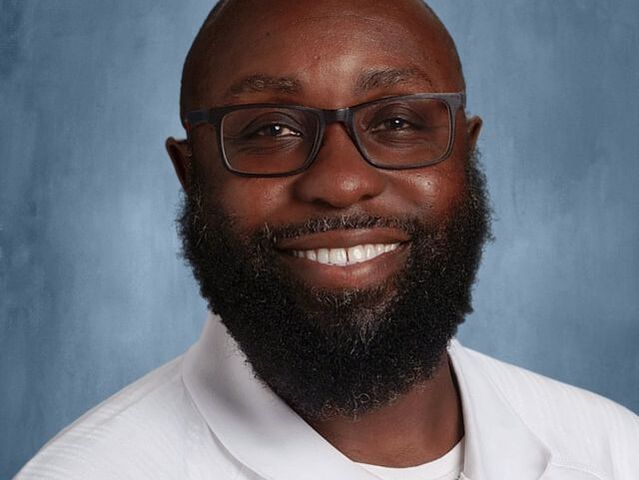
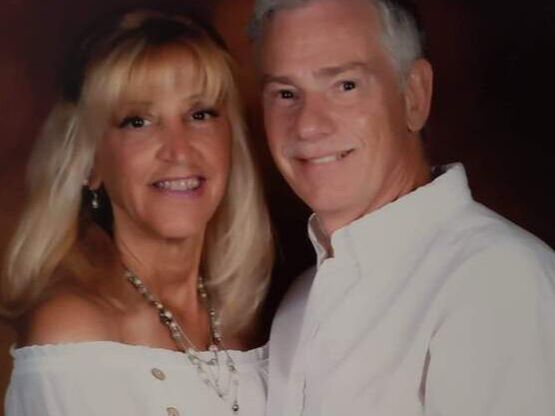
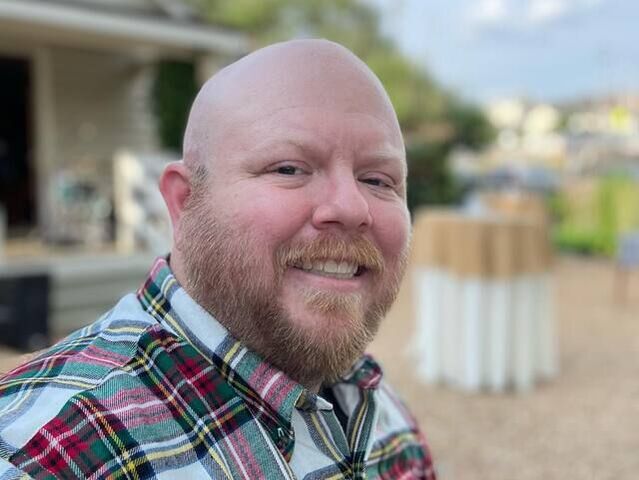
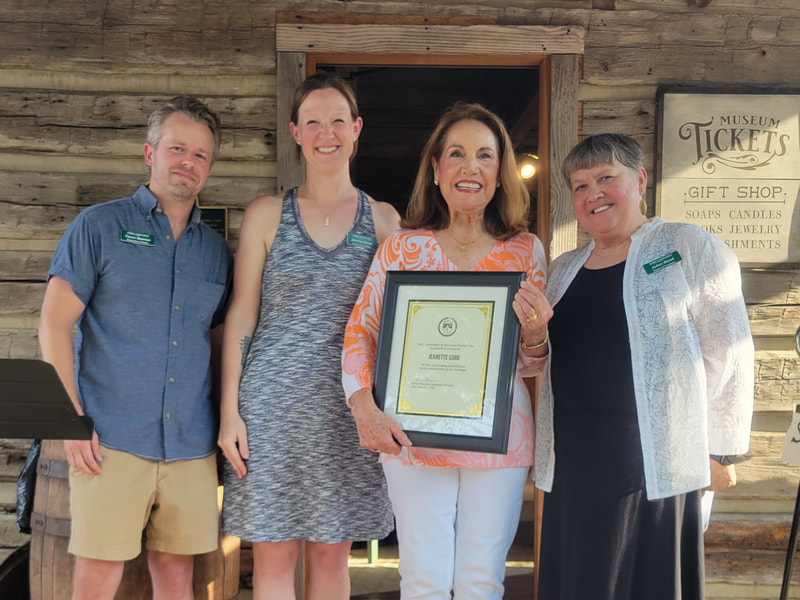
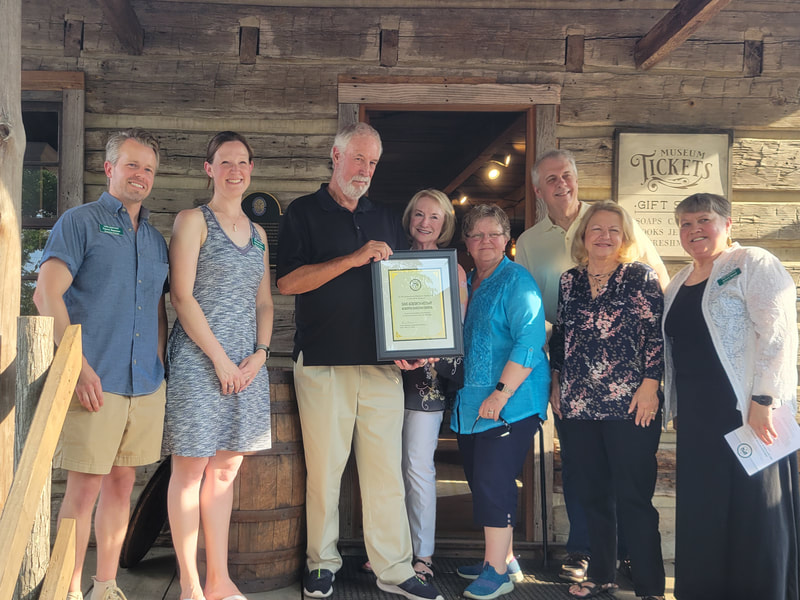
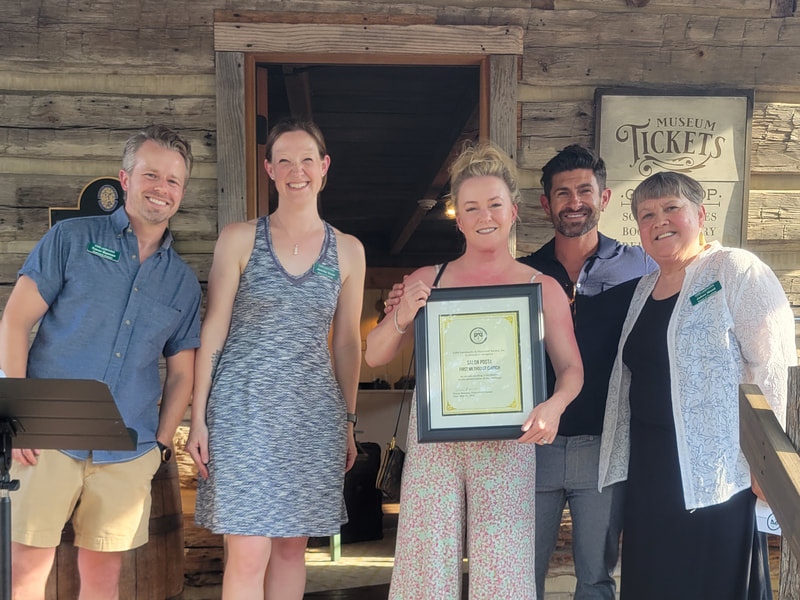
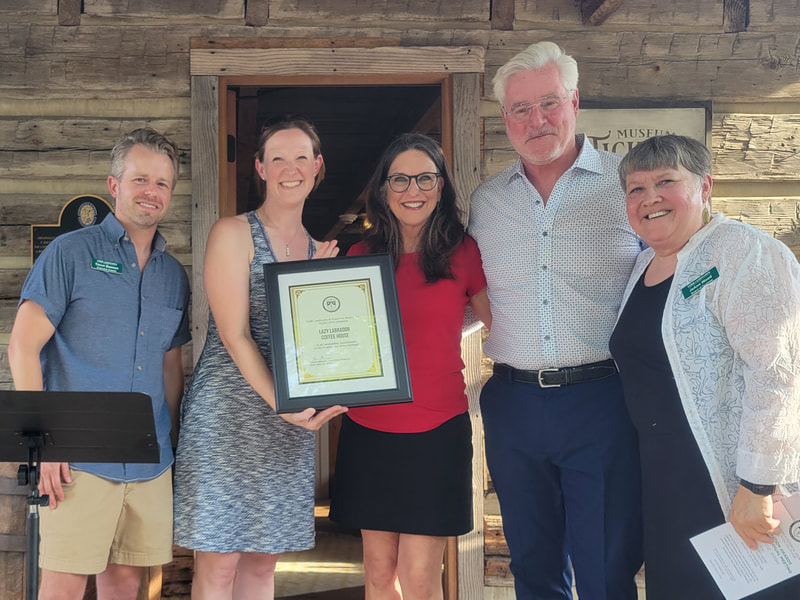
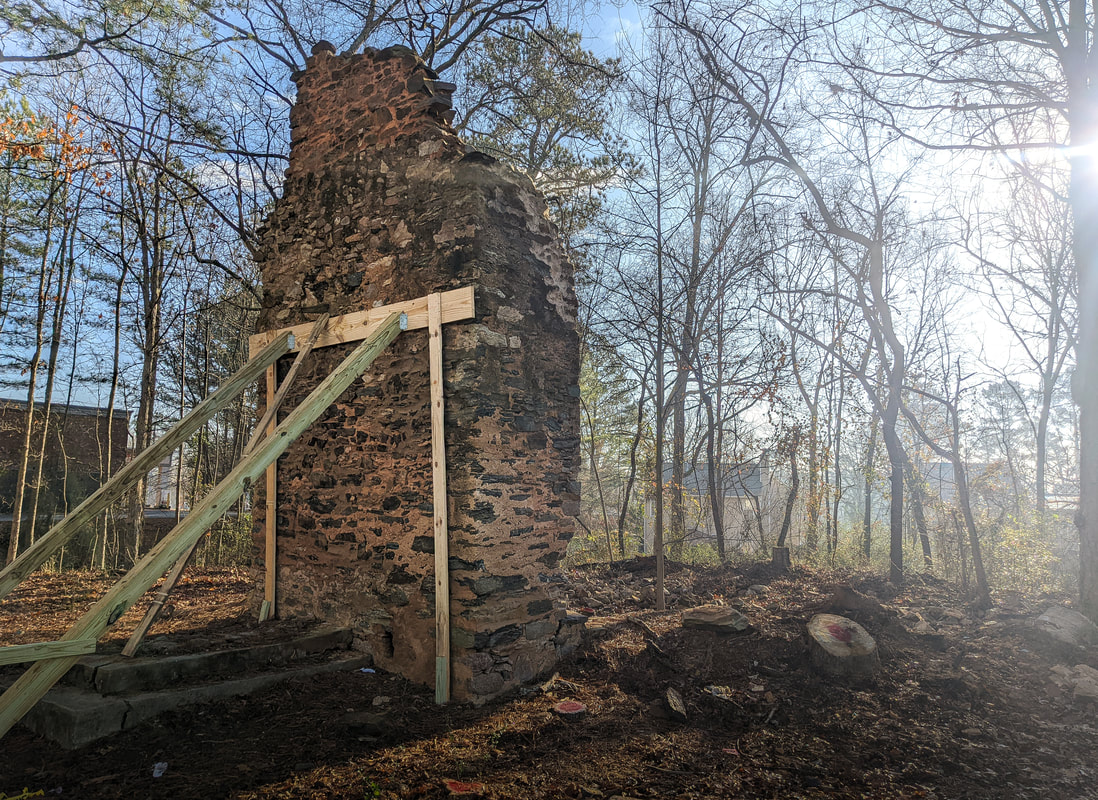
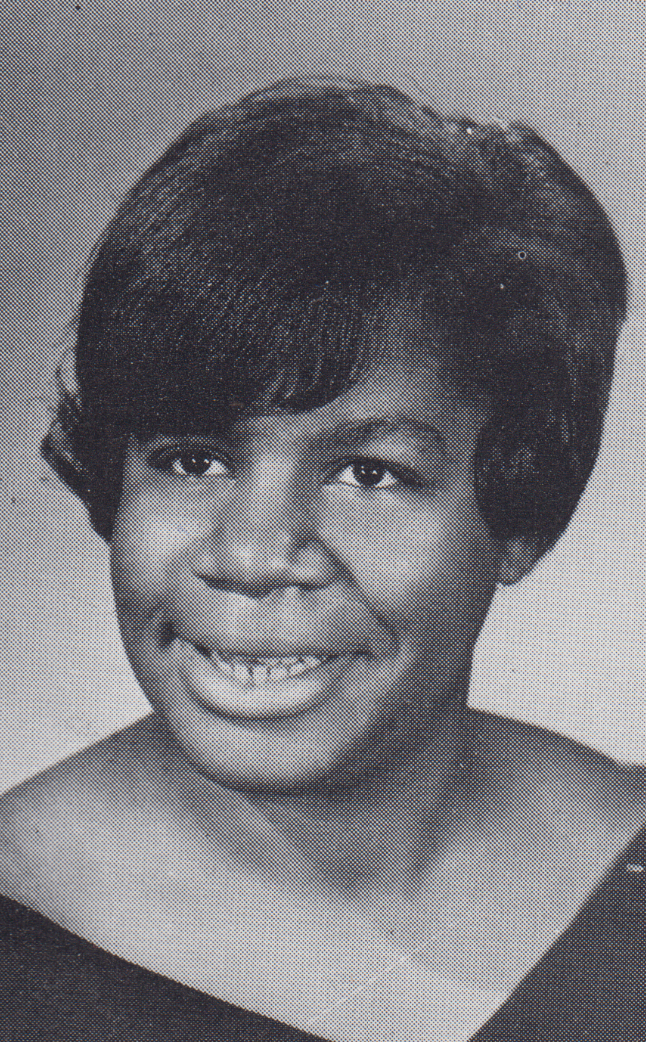
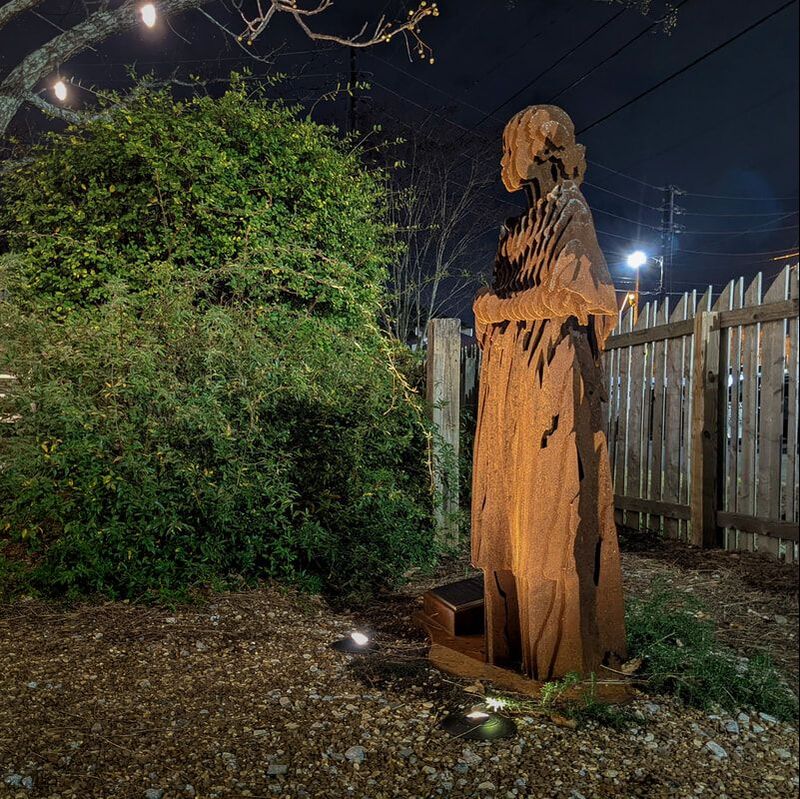

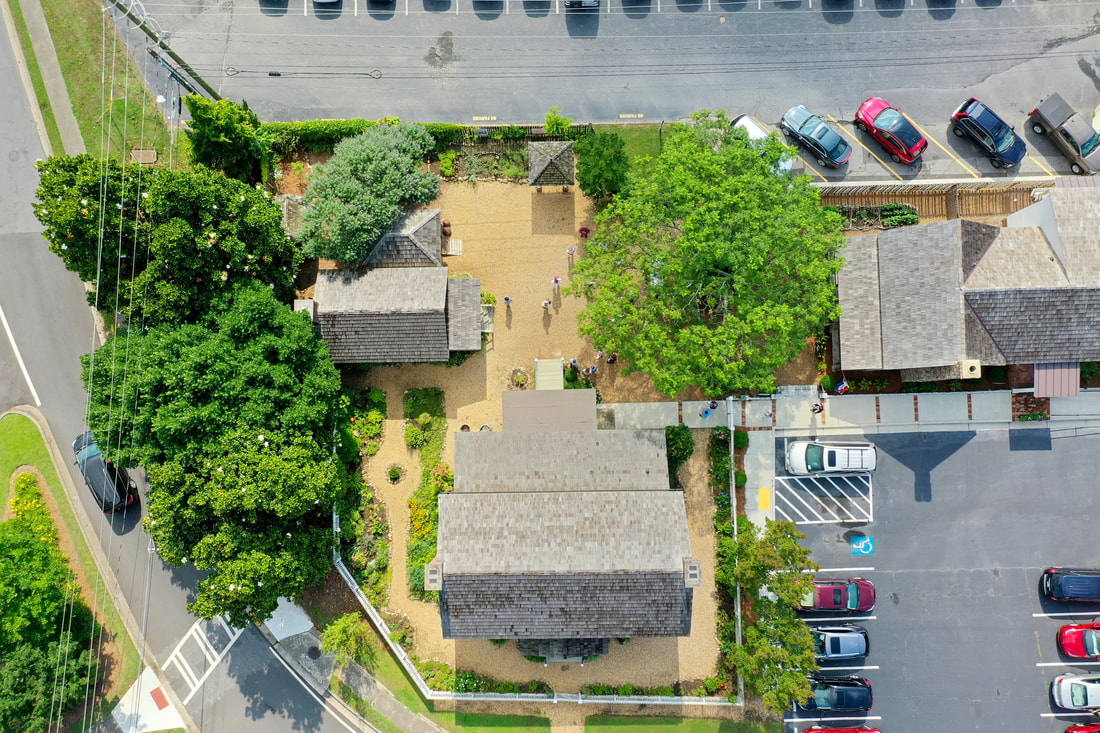
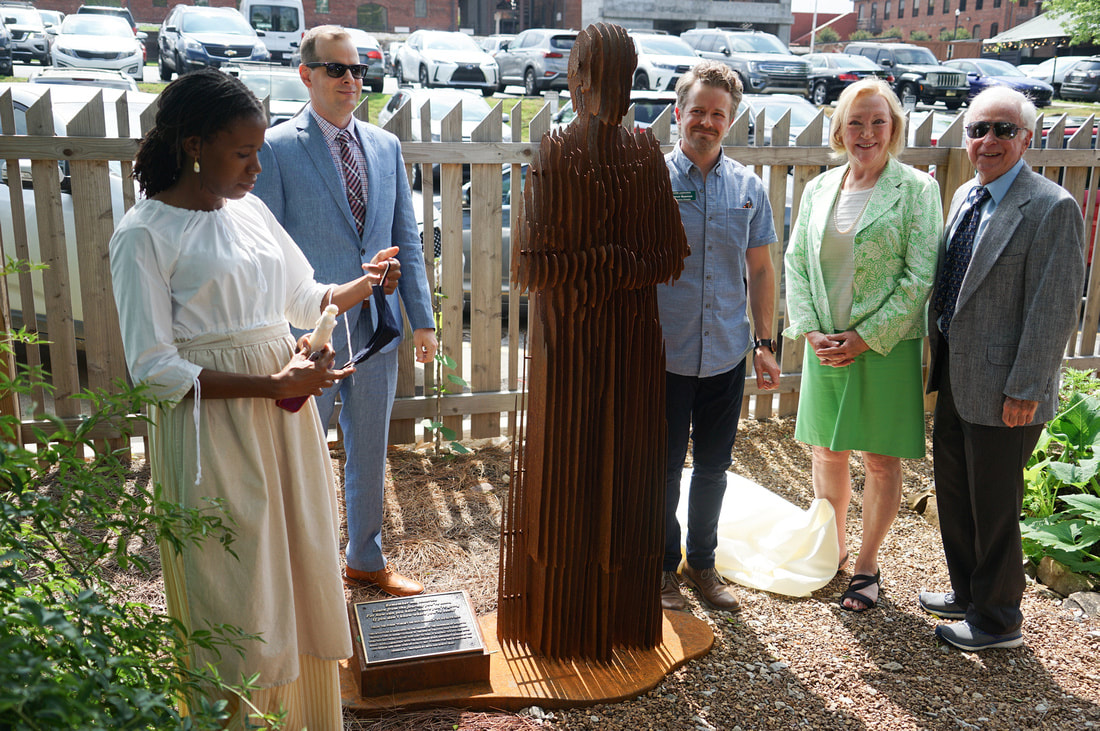
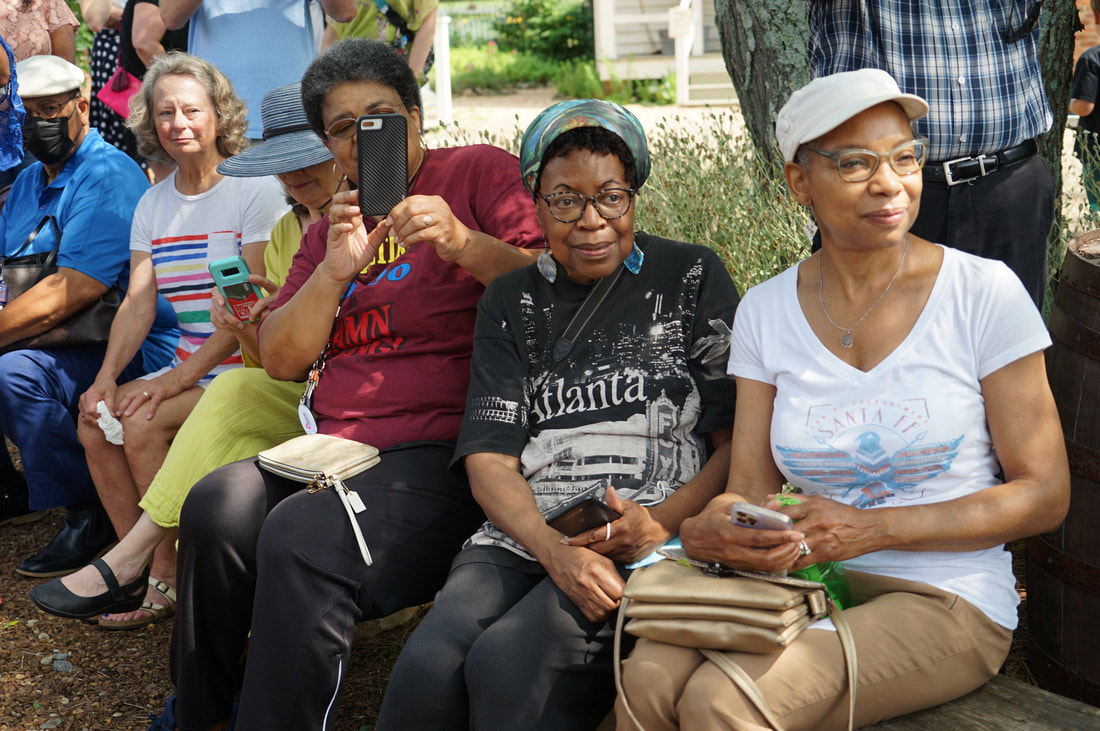
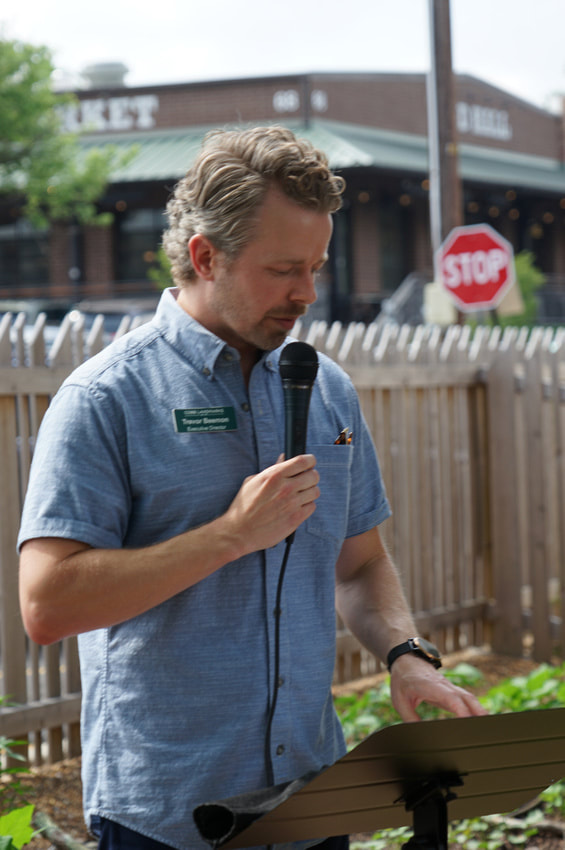
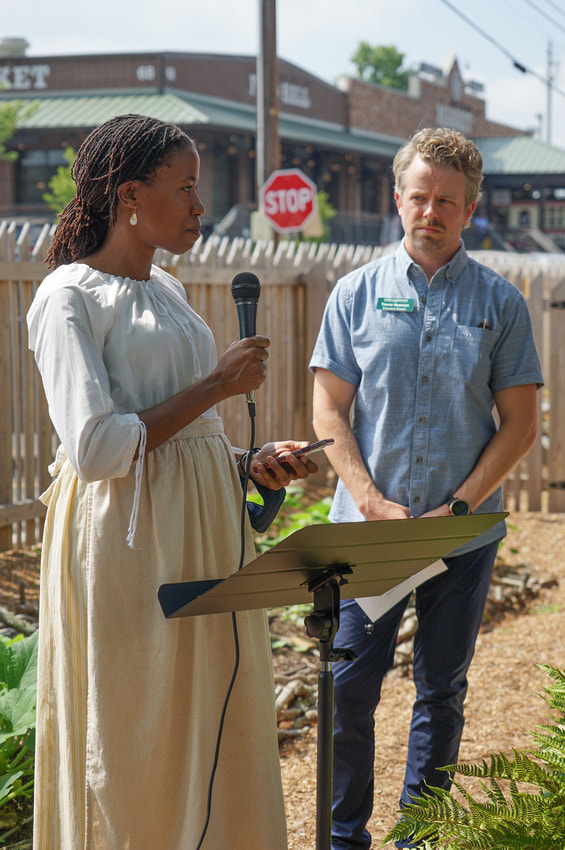
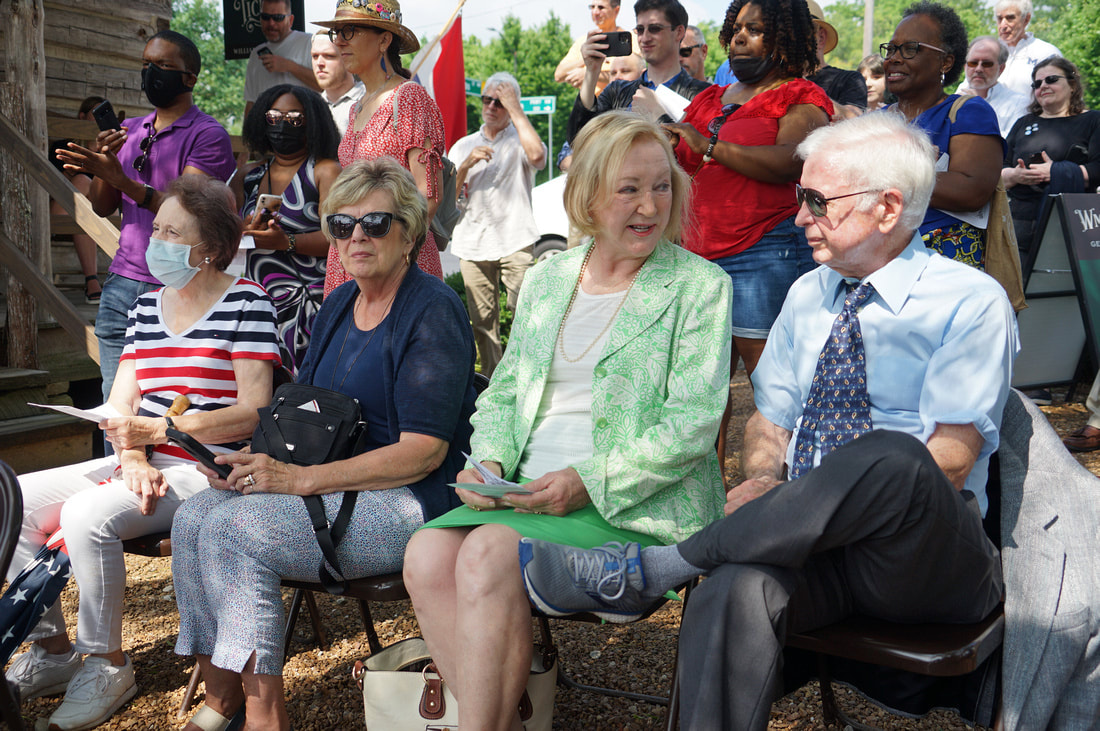
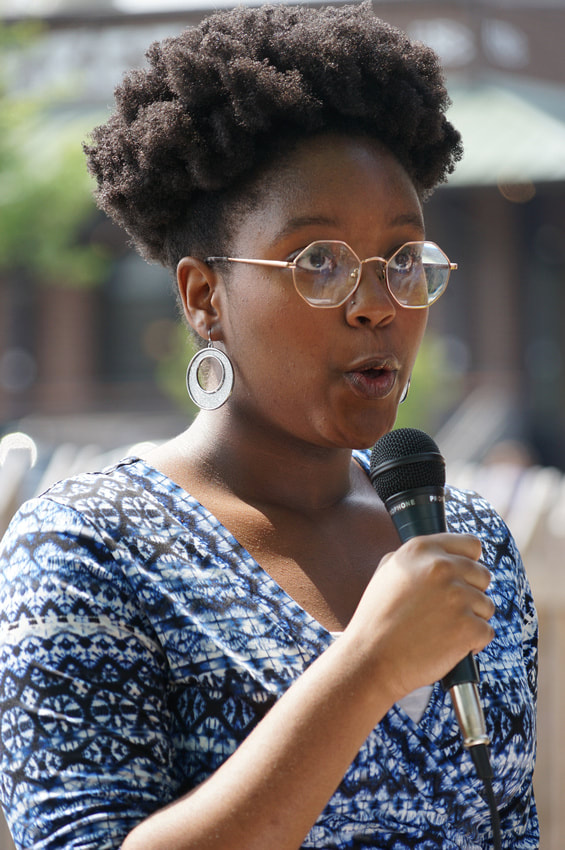
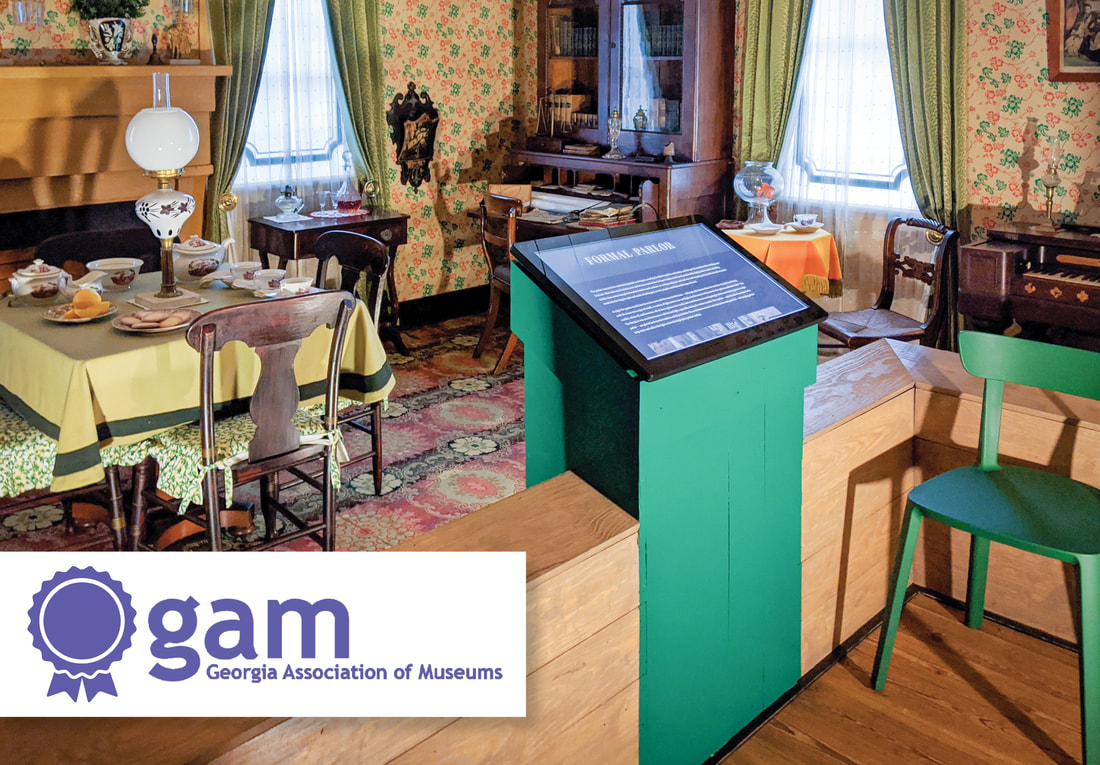
 RSS Feed
RSS Feed
